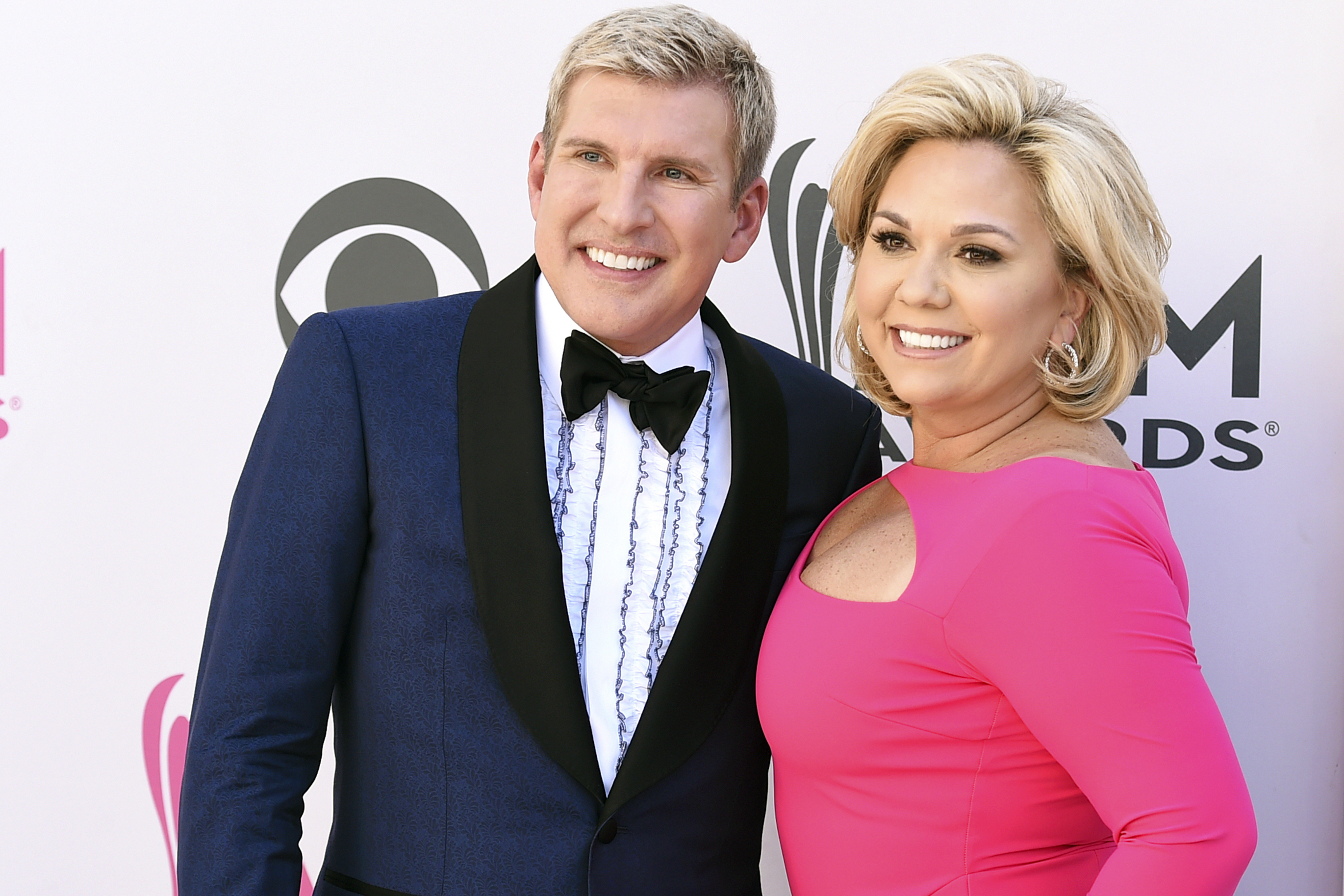More than one fourth of those who have psoriasis develop the condition before the age of 18, and between 10 and 15 percent develop it before the age of 10. Although the condition can be effectively managed at any age, people who develop psoriasis at an early age face special challenges-both emotionally and treatment-related.
Emotional Challenges
During childhood and the teenage years, it can be especially difficult to deal with a disease that affects your physical appearance. Young people may feel anxiety about the possibility of rejection because of their skin condition. Younger children also may have a difficult time responding to comments or questions from their classmates.
To help your child, teach him or her the facts about psoriasis. You can do this by buying a book on the condition, or directing your child to a web site such as the one run by the National Psoriasis Foundation (www.psoriasis.org). This will allow your child to confidently explain that psoriasis isn't contagious or caused by a problem like not bathing.
If your child is getting teased at school, you may wish to get involved by speaking to the teacher or having an expert come speak to the class. You can also help your child come up with appropriate responses to any comments made at school.
Some children will cope very well with having psoriasis, but others may feel embarrassed, angry or sad. If this is the case, don't attempt to minimize your child's feelings. Assure your child that it's okay to feel unhappy about psoriasis. At the same time, make sure your child understands that although psoriasis is a condition they have to live with, it doesn't define who they are.
Children and teens with psoriasis may benefit from posting to a message board designed for people with the condition or by joining a Pen Pal Club. Both of these options are available from the National Psoriasis Foundation. There's even a summer camp for kids with serious skin conditions, sponsored by the Children's Skin Disease Foundation (www.csdf.org).
Treatment-Related Challenges
Treating psoriasis can be more difficult in children than in adults, for a variety of reasons.
U.S. & World
First, many psoriasis drugs have been tested primarily in adults-so nobody knows how well they work in children or whether the side effects will be different. Doctors can ethically prescribe such drugs for use in children if they feel that the benefits will outweigh the risks; this is considered an "off-label" use.
Second, doctors are hesitant to prescribe certain treatments to young people because the earlier someone begins a therapy, the greater their lifetime exposure to the side effects of that treatment will be. For example, ultraviolet A treatments are known to increase the risk of skin cancer when used over a long period. This is a worrisome risk for an adult; it's even more worrisome for a 15-year-old looking at years of treatment.
Questions to ask your child's doctor:
1. What is the best treatment regimen for my child's psoriasis?
2. What is known about the long-term side effects when used in young people?
3. Could you screen my child for depression? (if your child is acting depressed or has lost interest in his or her usual activities)



